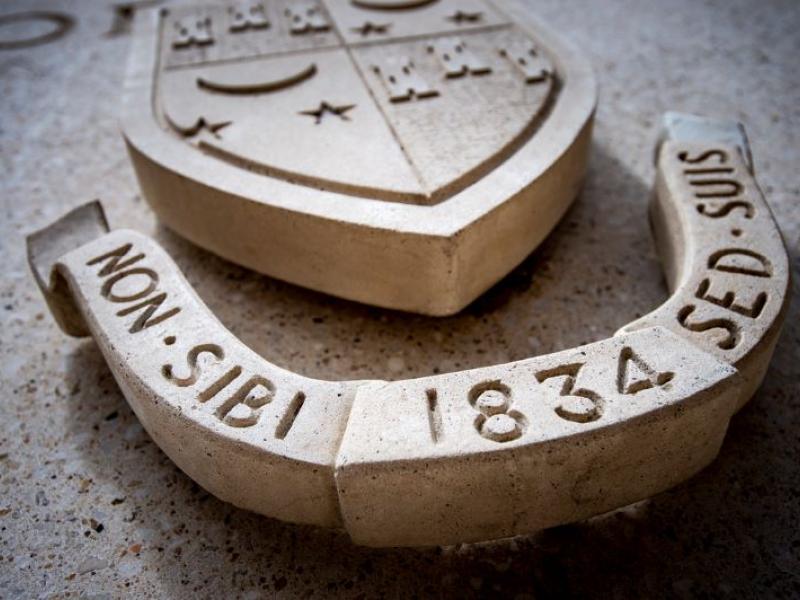CLE Workshop: "Facile Racial Justice"
Daniel Harawa
Professor of Clinical Law and Director of the Federal Appellate Clinic at NYU School of Law
More Information
The Murphy Institute's Center on Law and the Economy hosts workshops each semester featuring both Tulane and guest faculty in law, economics, and political science who present their latest research in regulation, civil rights, the criminal legal system, and other key issues in law and the economy. Hosted by Adam Feibelman, Director of the Center on Law and the Economy and Sumter D. Marks Professor of Law at Tulane Law School, CLE workshops are open to faculty, students, and the Tulane community.
Daniel Harawa is an award-winning teacher and legal scholar whose work focuses on race and the criminal legal system. Daniel's scholarship has appeared or is forthcoming in the Harvard Law Review, Yale Law Journal Forum, California Law Review (twice), Georgetown Law Journal, Washington University Law Review, and Minnesota Law Review, among other journals.
Daniel also regularly provides commentary on pressing criminal justice and civil rights issues, with his popular writings appearing in The Washington Post, Politico, Slate, Inquest, and SCOTUSblog. Prior to joining NYU, Daniel was an Associate Professor of Law at Washington University in St. Louis, where he directed the Appellate Clinic. Before that, Daniel was Assistant Counsel at the NAACP Legal Defense & Educational Fund, and an Appellate Staff Attorney at the Public Defender Service for the District of Columbia. Daniel began his legal career clerking for the Honorable Roger L. Gregory of the United States Court of Appeals for the Fourth Circuit.
Abstract: Facile Racial Justice
Studies from jurisdictions across the country show that prosecutors disproportionately use peremptory challenges to strike people of color from juries. Several States have endeavored to address this well-documented problem by fortifying the Batson framework. Arizona, however, recently took the radical step of eliminating peremptory challenges altogether. This ground- breaking move was praised by many as a bold effort to address racial dis- crimination. Now, other States are considering following Arizona’s lead.
This Article argues that, despite its simplistic appeal, peremptory elimination is not necessarily a racial justice win. In fact, given the adaptability of racism, there is reason to think prosecutors will innovate and find other ways to discriminate against jurors of color. And defendants, particularly defendants of color, will suffer, too, as the wholesale elimination of per- emptory strikes robs defendants of the ability to prevent potentially biased jurors from deciding their fate, and disempowers defendants in a system where the power dynamics are already incredibly lopsided.
Thus, this Article urges caution before scholars trumpet and policy- makers adopt proposals to eliminate peremptory strikes as a racial justice measure. In sounding this cautionary note, this Article hopes to serve as a broader warning against “facile racial justice,” where one looks to simple solutions to address discrimination without adequately considering the complexities of race and racial bias underlying the problem. Eliminating peremptory challenges may seem like a surefire way of addressing more systemic issues of racism, but in an attempt to address one problem, the solution may well exacerbate others.

